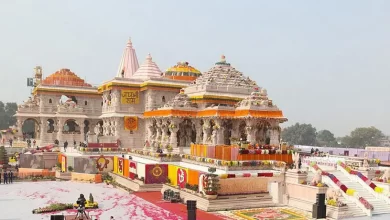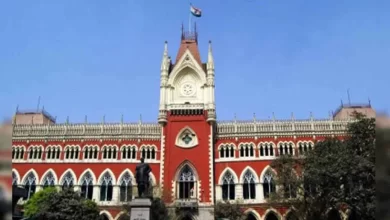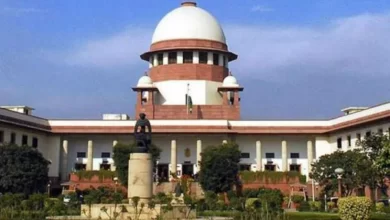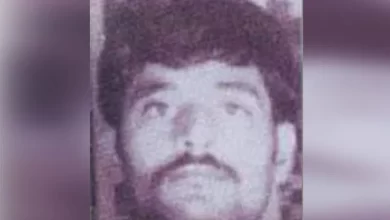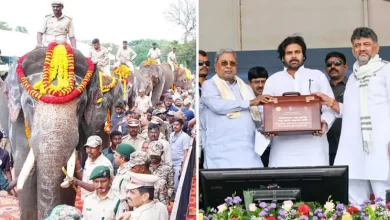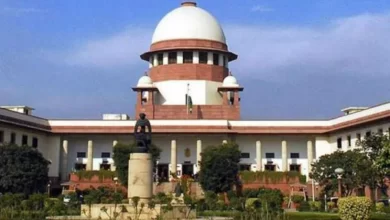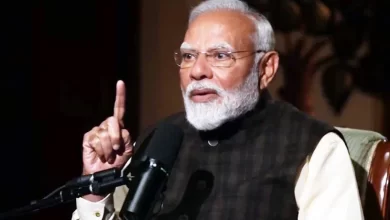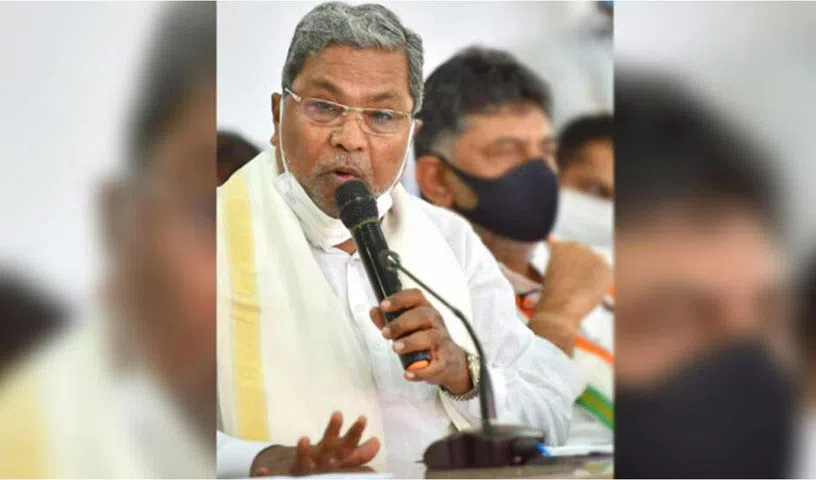
The judgment is likely to impact state politics directly and it will also draw attention at the national level.
Bengaluru: It will be a moment of reckoning for Chief Minister Siddaramaiah when the Karnataka High Court will on Tuesday deliver the verdict on his writ petition challenging Governor Thaawarchand Gehlot’s order to give a nod for prosecution against him in the Mysuru Urban Development Authority (MUDA) case.
The judgment is likely to impact state politics directly and it will also draw attention at the national level.
Siddaramaiah has sought interim relief in the matter as well as also demanded quashing of the Governor’s orders. As the court witnessed high-voltage arguments and counterarguments on both sides, fingers are crossed over the judgment.
If the verdict goes against CM Siddaramaiah, the lower court will initiate legal proceedings such as filing of FIR against him in the MUDA case. This will lead to further pressure on the Chief Minister to tender his resignation.
In case, the court quashes the order, the Governor’s office will face huge embarrassment at the national level. The faceoff situation already existing between the Congress government and the Governor is expected to turn shriller.
Sources confirmed that both sides are all set to approach the Supreme Court challenging the order by the High Court against them and the legal proceedings are likely to continue at the Apex court.
The judgment is listed to be taken up at 12 noon by the single bench.
The High Court on September 12 completed the hearing of arguments and counterarguments on the writ petition filed by Chief Minister Siddaramaiah.
The arguments and counterarguments were submitted for six days. While Abhishek Manu Singhvi appeared for the CM, Solicitor General Tushar Mehta represented the Governor’s office.
Social activists Pradeep Kumar SP, TJ Abraham and Snehamayi Krishna had filed petitions against CM Siddaramaiah in connection with the alleged MUDA land scam.
They had claimed that Siddaramaiah had misused his office to create fraudulent documents over 3.17 acres of land near Mysuru city and got 14 sites allotted from the MUDA in the name of his wife.
CM Siddaramaiah had refuted the allegations and maintained that the Congress government would fight politically and legally over the permission for prosecution against him in the case granted by the Governor.
Appearing for Siddaramaiah, senior counsel Singhvi, submitted that the Governor is not elected by the people and is appointed. In this context, the Governor has more accountability.
The Governor gave consent for prosecution in a 23-year-old case, and this action appears to be more politically motivated than imposing the President’s rule, he added.
As the bench questioned Singhvi, noting that the Governor does not need to adhere to the decision of the Cabinet and it is left to his discretion, he had argued that the Governor cannot reject the Cabinet’s advice without providing reasons.
“No reasons were specified, and without them, the Cabinet’s decision was simply dismissed as wrongful. In his five to six-page order, the Governor did not provide any substantial explanation and merely stated that he would not comply with the Cabinet’s advice,” he said, adding that the Governor’s order lacked discretion and that the action against the Chief Minister was taken in haste.
Singhvi further stated that Siddaramaiah had not signed any files related to the MUDA case.
“Several officers have worked on and moved away from the case since it came to light. Chief Minister Siddaramaiah has been a legislator since 1984, and every matter has two dimensions. In the last 23 years, 23 officers in MUDA might have been involved in the case. So why is only CM Siddaramaiah being targeted? It is because attempts are being made to destabilise the Congress government,” he said.
Singhvi also argued that the Governor should have explained in his order how he had exercised his discretion and accused him of acting at the behest of invisible hands. He pointed out that there is not a single reason mentioned by the Governor for his decision.
The opinion of the investigating officer should be considered, and only then should a decision be made. More reasons are needed for not considering the Cabinet’s decision, he said, submitting that Dr. B.R. Ambedkar clearly defined the role of the Governor in this regard, Singhvi stated.
Defending the Governor, Solicitor General Tushar Mehta had submitted that the decision was made lawfully and followed due process.
Mehta submitted that there is no necessity to even look at the cabinet advice to the Governor. The minister selected by the Chief Minister will have loyalty towards him. When there is an allegation against the CM, their advice will not be considered. In spite of this, the Governor had considered the report by the cabinet.
“The Chief Minister might not have attended the cabinet meeting in which the decision was taken to advise the Governor. However, the person, named by the CM, conducted the meeting. The Chief Minister has nominated Dy CM D.K. Shivakumar under Rule 28 to conduct the meeting in his place. It is mentioned in the cover letter. The decision of the cabinet, which can’t go against the CM, cannot be considered,” Mehta submitted.
He further noted that the Supreme Court judgments referred by CM Siddaramaiah’s counsel Abhishek Manu Singhvi are in favour of the Governor. These judgments have recognised the discretionary powers of the Governor.
The Governor took cognisance of a 91-page Cabinet decision to withdraw the show-cause notice to CM Siddaramaiah and reject the petition against him.
Mehta emphasised that since Cabinet ministers are selected by the Chief Minister himself, it is not imperative for the Governor to consider the Cabinet’s decision when a complaint is against the CM.
He added that it is unlikely for the Cabinet to take a decision against the CM.
Mehta further submitted that the relief package ratio was changed from 40:60 to 50:50 and that CM Siddaramaiah’s son, former MLA Yathindra Siddaramaiah, had attended the General Body Meeting of MUDA in this regard. Alternative sites were allotted in a reputed locality.
Despite all this, the state Cabinet took a biased decision in support of CM Siddaramaiah, he argued.
In this context, the Governor made an independent decision in the matter using his discretion, Mehta stated.
Senior counsel Manindar Singh making submissions for one of the petitioners Snehamayi Krishna, pleaded with the court to note the three figures “Rs 3.24 lakh”, “Rs 5.98 lakh” and “Rs 55 crore”. When the land was acquired, the price of the disputed land was Rs 3.24 lakh. It was sold for Rs 5.98 lakh and now the value of the land is claimed to be Rs 55 crore. In this background, there is a need for an investigation into the case by an independent agency.
There is Rs 55 crore profit out of de-notification in the case. The common man will have to run pillar to post to get de-notification done. The de-notification is not possible even if there is a school in the acquired land. Even as the land is developed by the MUDA, it is denotified. Once the land is acquired, it can’t be taken back. The land owner is only eligible to get 9 per cent of interest, Manindar Singh submitted quoting the Indore Development case.
The whole government is standing before the Chief Minister. How can the land in the name of MUDA get denotified? This is a planned illegality, he maintained.
Singh further stated that proceedings are different for acquired land and the land which is not acquired. In 1998, the land was acquired by the MUDA and an order fixing the compensation was also issued later.
Between 2001 and 2004, the sites were distributed from the acquired land. No one has gone to court questioning the land acquisition. The decision which is not officially published as a notification by the government is used. The de-notification is done to take away the land, Singh submitted to the court, demanding investigation be needed in the case.
In an important development, the Karnataka government had suspended former MUDA Commissioner, GT Dinesh Kumar in connection with the charges against him during his tenure at the civic agency, pending an enquiry.

